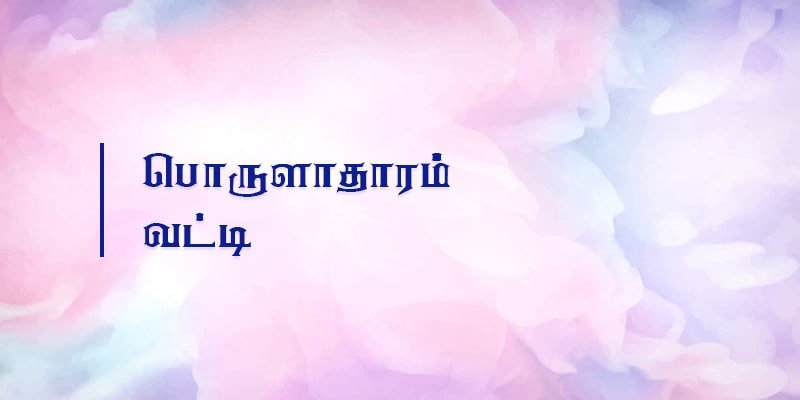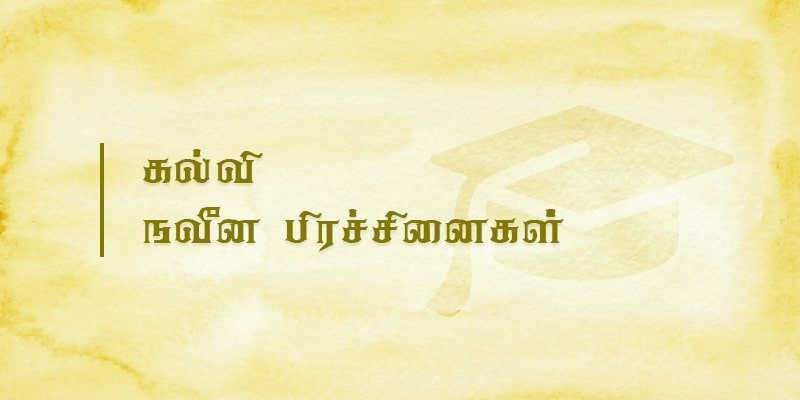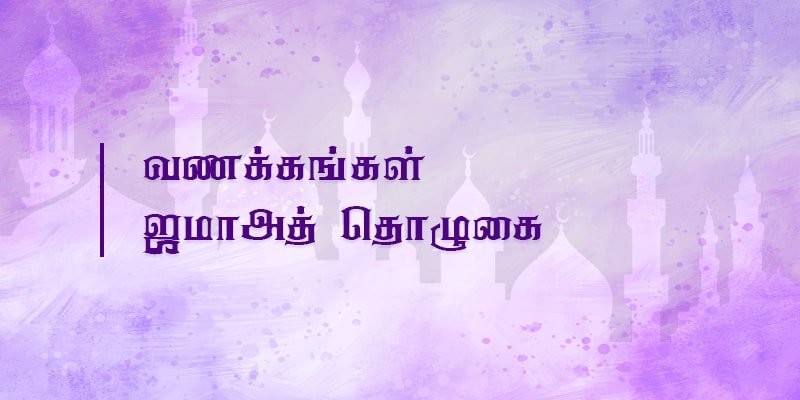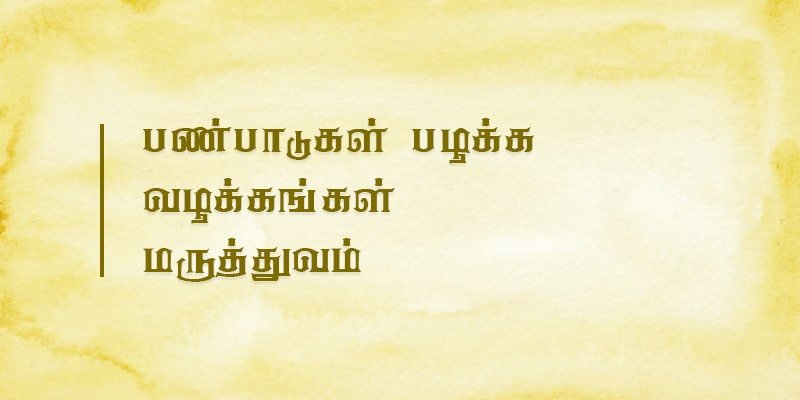206. Nomads are qualified to receive zakat money.
Verse (9:60) of the Quran says the zakat money can be spent on nomads. And verses (2:177, 2:215, 4:36, 8:41, 17:26, 30:38, 59:7) of the Quran also talk of charity to be spent on nomads. The Arabic word Ibnu-s-Sabeel meaning ‘son of paths’ is translated by us as ‘nomads,’ If a person is associated excessively with an act, the Arabs have the custom of adding the act to the name of the person
For example; a person who involves himself most of his time in participating in wars was named as ‘son of war’ and a person who always keeps roaming around was named as ‘son of roads or paths’ This word normally does not refer to people who are normal travelers, but to people who travel all their life. Hence, we choose the word ‘nomads’ as appropriate enough to mean Ibnu-s-Sabeel. The message this verse conveys is that the life of nomads can be transformed into a stationary one with the zakat money being offered to them. Some have translated the same word to refer to a wayfarer or a traveler, or one who has lost all his belongings on travel. As per their argument maybe this word could refer to a traveler at the most but referring to a person who has lost all his belongings is an illogical imagination. And there are different words to refer to a person on a trip. The word ‘son of roads’ refers to a person constantly on the move. Hence being a nomad is accepted to qualify one to receive the zakat money. The one who has lost all his belongings can be referred to in two names such as a poor person or a needy one and will not be referred to as ‘son of paths’.
206. Nomads are qualified to receive zakat money.
Typography
- Smaller Small Medium Big Bigger
- Default Meera Catamaran Pavana
- Reading Mode














